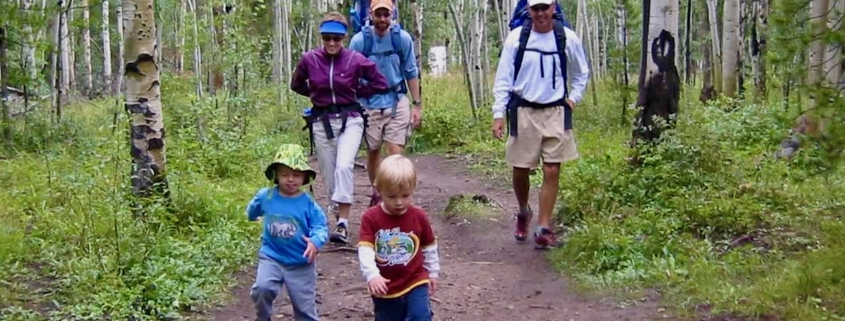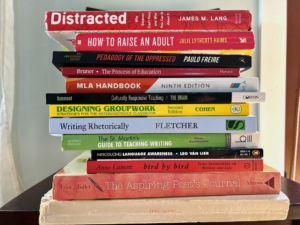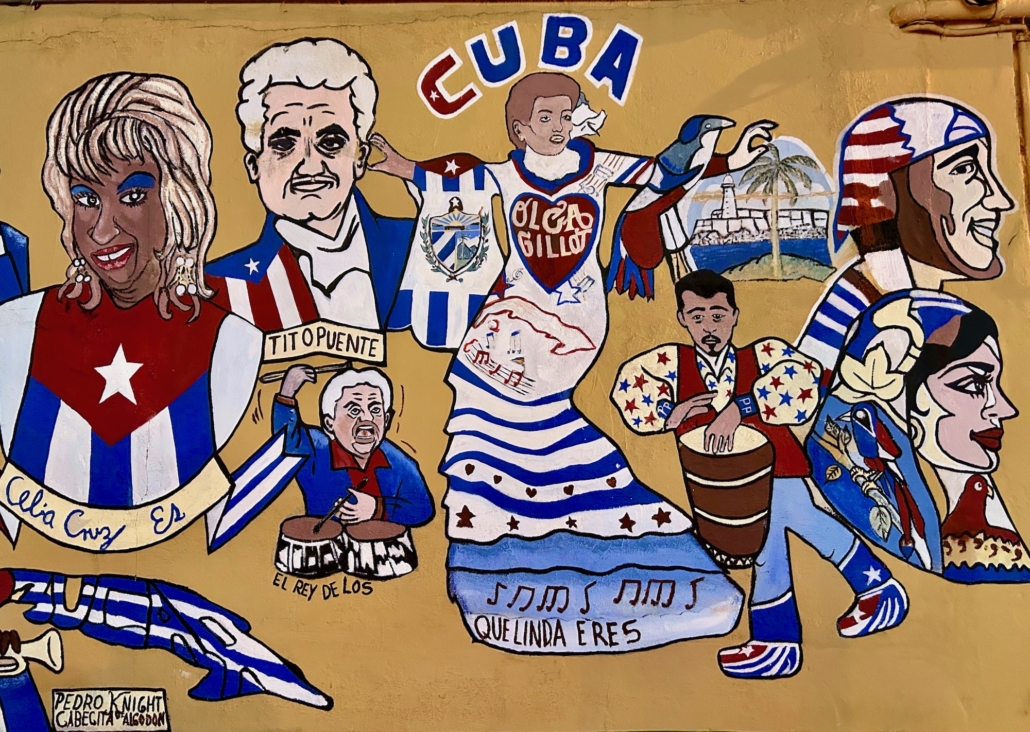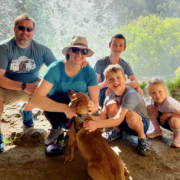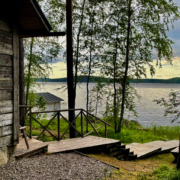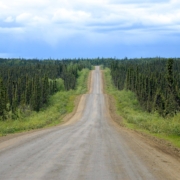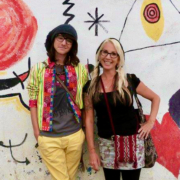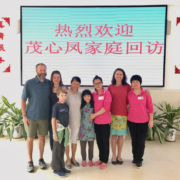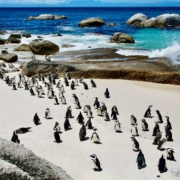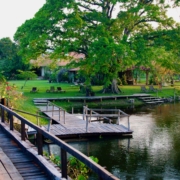Hot Topics in Educational Theory
Many parents who do a Wonder Year have no background in education (or pedagogical theory) except as a student themselves. However, in conversations with traveling parents, we find that many become so involved in their children’s education that they want to learn more about it. They’re fascinated by how their kids learn or are perhaps even more curious about their struggle to understand certain concepts and ideas. This post will break down some of the current hot topics in educational theory, to offer as baseline knowledge or to use as a springboard for your own deeper research. By considering worldschooling, you’re at the forefront of some exciting conversations!
Active Learning
Active learning was a buzzword that is now part of the canon. Active learning methods ask students to engage in learning by thinking, discussing, investigating, and creating. This learning modality may be easier to incorporate with worldschooling than in traditional classroom teaching. Essential to active learning is timely feedback for learners and discussion opportunities to suss out big topics. Extended projects or themes of inquiry also require active learning. Students access prior learning and incorporate data and new ideas into their mental framework. For example, many worldschooling families find themes of interest for their whole family, while others encourage each child to discover their unique interests that are then woven throughout destinations: monkeys, ice cream, plastics, art. When the student does more work than the instructor, it’s active learning. When the student creates their assignments, it’s active learning. When the student finds connections and begins an organic discussion, it’s active learning.
Experiential Learning
A Wonder Year approach saturates your learners with high-impact learning opportunities. Educational research illustrates the important relationship between approach and retention, or what the learner remembers over time. Retention rates differ between more passive activities, such as watching a demonstration or observing a cultural event, and even more active ones. These might include reenacting an historical event, planting a garden, baking a cake or using a foreign language to find a bathroom. The more involved the learner becomes, the deeper the retention.
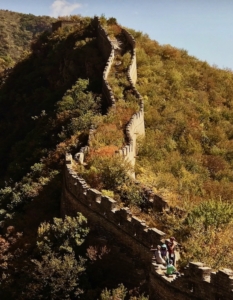
Running one’s hand along the chiseled stone, and peeking through the arrow holes helps to use all the senses in learning.
Think about that time in middle school when you presented a science project to classmates. Maybe it was asking them to taste chocolate, lemons, salt and arugula to learn about sweet, sour, salty and bitter taste buds. Chances are you remember way more from that exercise than from a lecture you passively listened to on the same topic. What does this mean for worldschooling? It means you can ease your mind about withdrawing your kids from a formal school setting. They’re likely to learn and remember more from their multi-sensory travel experiences than from a year in their more typical classroom.
One of our favorite educational “classics” is Joseph Cornell’s Sharing Nature with Children. There are three versions out there now, with some that focus on different ages and angles. We recommend Sharing Nature with Children II (best for ages 8-10) first published in 1968. He highlights easy ways to build a connection between your child and the natural world.
Bloom’s Taxonomy
Another “hot” topic in educational discourse these days is HOTS, formerly known as critical thinking skills. HOTS refers to the Higher Order Thinking Skills of Bloom’s Taxonomy of Educational Objectives. Studies show that the higher thinking skills of analysis, evaluation, and creation are more easily accessed by experiential learning, apprenticeships, and field trips. It is in the stages of reflection or in creating a presentation that those higher thinking skills are engaged. Once you read on, you’ll see that these HOTS sound a whole lot like the worldschooling aspect of a Wonder Year.
A Wonder Year approach saturates learning opportunities. You can give your kids a project and let them teach you, their siblings, or their peers. You can discuss the political context of the space race at the Kennedy Space Center. Your kids can pay for groceries in foreign currency. And, when you’re just not sure about this path you’ve chosen, and you need a pep talk for the active, kinesthetic, deep-learning of a Wonder Year, revisit these research-backed concepts and realize how easy learning opportunities are to find. The hot topic topic in educational theory is all around you!
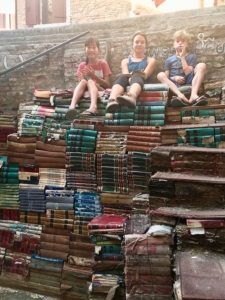
More than anything, extended time on the road can help nurture curiosity for all there is to learn from the world.
Growth Mindset
Carol Dweck popularized this term with her 2016 book, Mindset: The New Psychology of Success, How We Can Learn to Fulfill Our Potential. Growth mindset, as opposed to fixed mindset, is the idea that your talents and abilities can be improved through hard work and perseverance. When individuals with a growth mindset are presented with challenges, they use problem-solving strategies to overcome them and successfully complete their tasks.
Research has shown increased brain activity and synapse building through mistakes rather than success. Think about how often people limit themselves by saying, “I can’t do math.” Or even, “My kids are great readers, so I don’t need to think of ways to enhance or encourage their reading.” There are always more ways to learn and avenues to grow. Mistakes and struggles help us learn and build our cognitive capacity. A growth mindset is what allows us to realize our potential. This is an excellent topic for worldschooling parents because it’s based on cutting-edge research and lends itself to individualized instruction.
We hope this primer helps pique your interest in these current hot topics related to worldschooling education and educational theory. In July, we’ll share some ideas for how to use (or not use) AI in your worldschooling plan. Things are changing quickly! Stay tuned.
